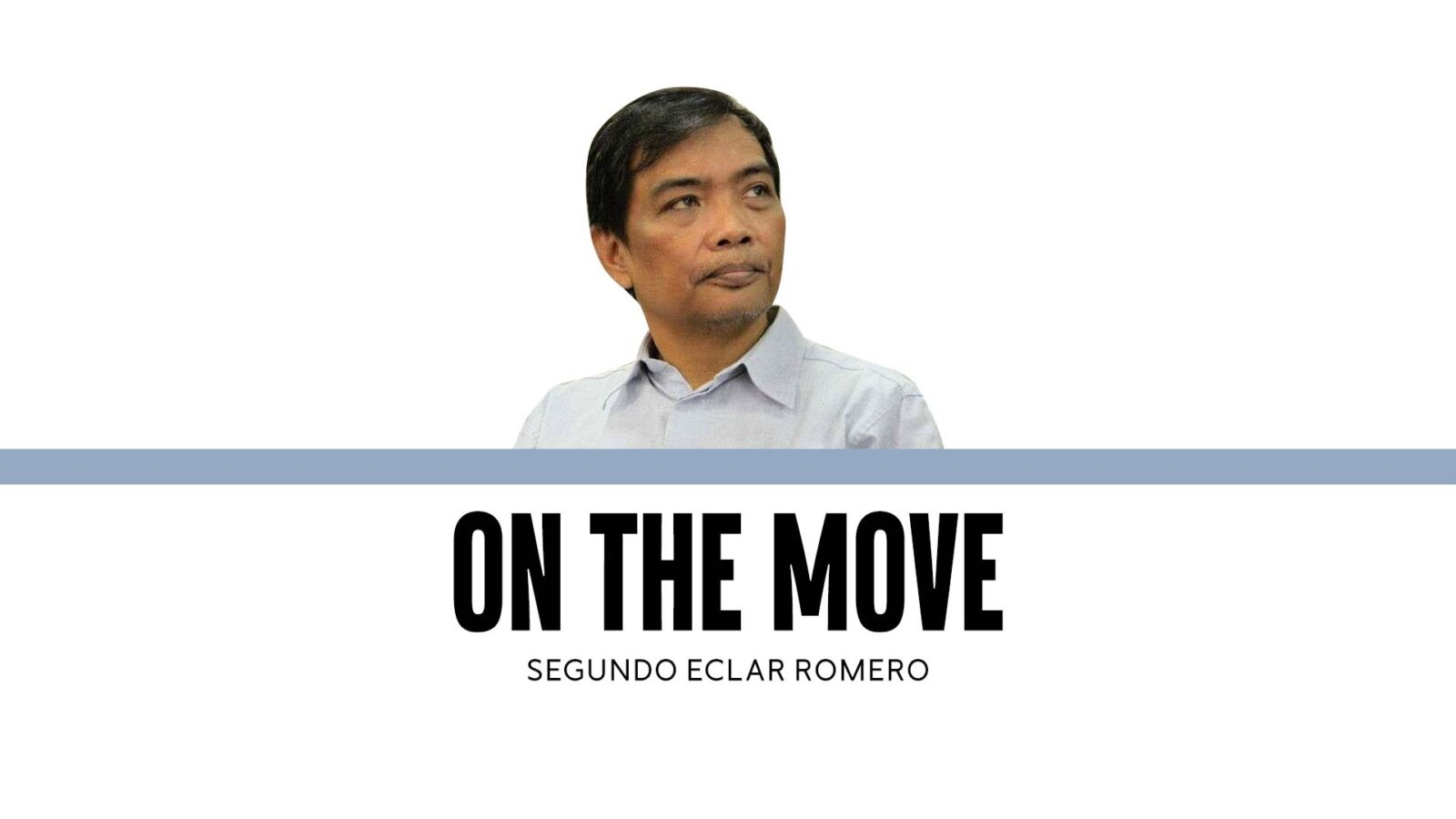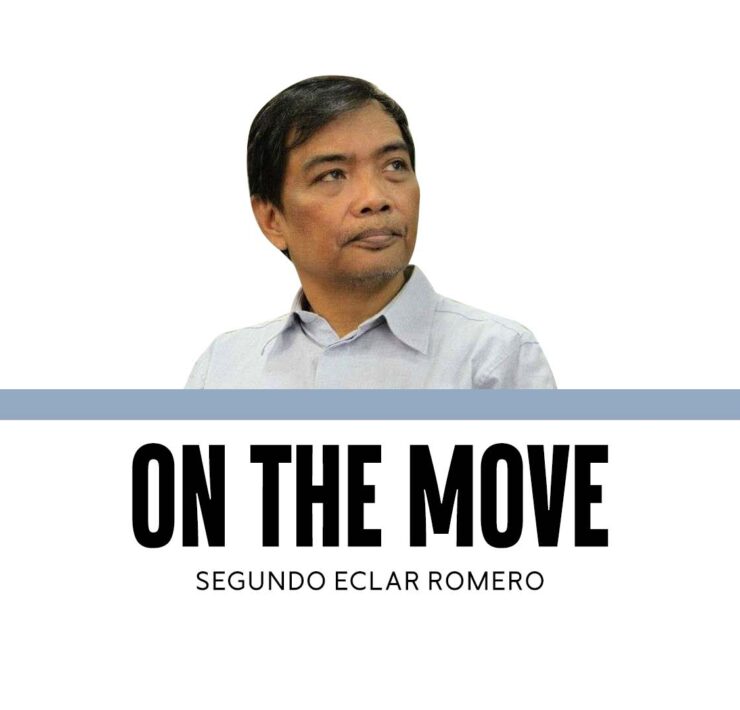The Age of the Mustangs

The Philippines today is living through one of the most turbulent political seasons since 1986. A vice president impeached, then constitutionally “unimpeached,” a widening infrastructure kickback scandal implicating lawmakers and contractors at every level, and the extraordinary spectacle of the Department of Public Works and Highways’ (DPWH) district engineers seated at tables piled with cash—these have shaken even the most cynical observers of Philippine politics. The administration, already struggling with declining trust, faces a legitimacy crisis that grows sharper by the week.
But something deeper is happening beneath the surface. We are witnessing a shift not only in the behavior of politicians but also in the architecture of Philippine public opinion itself. A new political force—youth-driven, TikTok-native, and emotionally electrified—is emerging as the decisive actor in shaping legitimacy.
Welcome to what I call the Age of the Mustangs. For decades, our democracy has been dominated by what might be called the “wagons”: political parties, bureaucracies, dynastic networks, and the machinery of traditional media. They are slow, heavy, predictable, and in many ways necessary—because they carry the weight of governing. But they are also rigid, resistant to change, and historically captured by patronage.
Opposite them now stand the “mustangs”: Gen Z and young Millennials, who have taken the public sphere by storm. Unburdened by deference to authority, unimpressed by scripted narratives, and allergic to hypocrisy, they move with breathtaking speed through digital spaces. They mock corruption, expose inconsistencies, remix hearings into satire, and transform scandals into national outrage—often within 24 hours.
The result is a political landscape in which youth emotional sentiment, expressed through TikTok humor, moral disgust, and viral commentary, shapes the direction of the national conversation. If the wagons once dictated what the public should think, the mustangs now decide which leaders are credible, what behavior is unacceptable, and when public disgust should boil into political pressure.
This shift is visible in the corruption scandal currently engulfing the administration. The Discaya couple’s ostentatious displays of wealth, meant to boost political ambitions, instead became a meme battlefield. Their mansions and designer outfits morphed into symbols of “contractor greed,” replayed millions of times by angry and amused youth. The DPWH’s cash stacks were turned into punchlines and edited into satirical videos that spread faster than any Senate privilege speech. The administration’s attempts at damage control could not keep pace with the speed of youth-driven moral judgment.
In traditional politics, scandals rise and fall based on elite negotiations. In the Age of the Mustangs, scandals survive based on whether the youth continue to find them morally outrageous—and “memetically” fertile.
But while the mustangs are powerful, they are not enough. TikTok can ignite civic anger, but it cannot draft procurement reform laws. Viral outrage can force resignations, but it cannot design an anticorruption framework that survives the next administration. Memes can expose dynastic excess, but they cannot negotiate a national budget.
That is why this moment is both exhilarating and dangerous. If the mustangs run free without institutions adjusting, we risk entering a form of “viral populism,” where governance becomes hostage to the moral mood of the algorithm. If the wagons cling to old ways—opaque leadership, scripted messaging, internal patronage battles—they will be trampled by public distrust. And if both forces clash without learning to cooperate, we risk deeper political instability.
But if these forces converge, we have a once-in-a-generation opportunity. Imagine political parties that actually open their doors to youth, empower their youth wings, run internal primaries shaped by digital participation, and build platforms around the issues young citizens actually care about: anticorruption, cost of living, climate resilience, public transport, and national sovereignty. Imagine a Congress that treats public outrage not as a nuisance but as a mandate for institutional repair. Imagine local governments using youth sentiment to audit contractors instead of protecting them.
In such a world, the mustangs provide moral energy and public direction, while the wagons provide structure and endurance. The two forces need each other. The mustangs can expose corruption; the wagons can fix the systems that allow it. The mustangs can win elections; the wagons can govern the morning after.
The present administration’s crisis shows what happens when wagons rust and mustangs stampede. But it also shows what is possible when citizens—especially the young—reclaim moral leadership. If the country can channel this energy into real reform, the Age of the Mustangs may yet become the beginning of a new democratic cycle.
—————-
doyromero@gmail.com


















